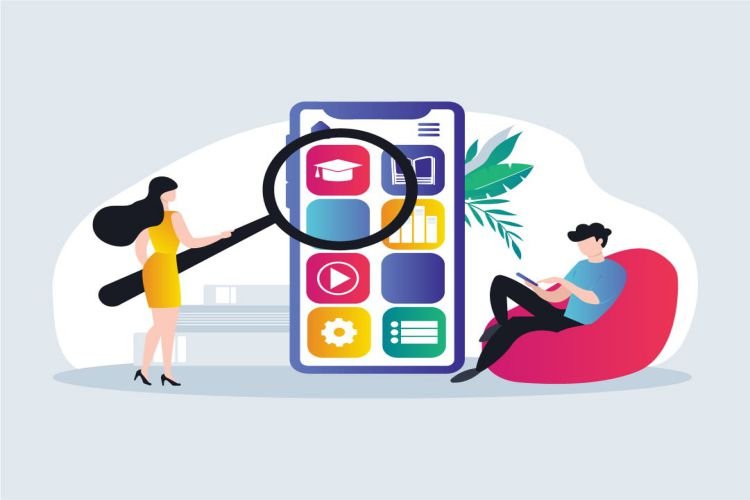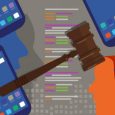 A crucial component of society is education, and with the spread of technology, education application development has emerged as a vital resource for both students and teachers. Top-notch educational apps are made to improve learning by making it more interesting, interactive, and available. The creation of inventive solutions that can revolutionize how people study is greatly facilitated by the development of educational apps.
A crucial component of society is education, and with the spread of technology, education application development has emerged as a vital resource for both students and teachers. Top-notch educational apps are made to improve learning by making it more interesting, interactive, and available. The creation of inventive solutions that can revolutionize how people study is greatly facilitated by the development of educational apps.
In this article, Topflight will examine the potential and future of educational application development and offer tips for producing outstanding educational apps that may give users a rich and interesting learning experience.
Education Application Development
The development of online and mobile applications for educational purposes is known as education app development. These apps can be utilized in informal learning scenarios, online learning environments, and conventional classroom settings. They can be used to deliver a range of instructional materials, such as games, quizzes, and multimedia content, in addition to textbooks.
More engaging than conventional learning methods, educational apps are made to give students an immersive and dynamic learning experience. To provide educational content more engagingly, they make use of multimedia assets, including videos, audio, photos, and animation.
Education app development has become a crucial component of the education industry as a result of the development of technology and digital innovations. These apps are altering how students interact with instructional content and learn. They offer a brand-new, more open, dynamic, and interesting learning environment. In this entry, we’ll look at the future of educational app production and offer some creation tips for programmers.
Perspectives on the Future of Educational App Development
The future of creating educational apps is exciting and has a lot of possibilities for the education industry. These are some opinions on how educational app development will progress in the future:
- Customized Learning: Students will be able to receive individualized learning opportunities through educational apps. The learning experience can be customized using these apps to suit the unique requirements and preferences of each student.
- Gamification: Educational apps will increasingly incorporate this method of teaching. The motivation and engagement of the students will rise as a result.
- Virtual Reality: Apps for education will increasingly use virtual reality (VR) and augmented reality (AR) technologies. Students will be able to engage with educational information in a more engaging and dynamic way thanks to these technologies.
- Artificial Intelligence: The creation of educational apps will be significantly influenced by artificial intelligence (AI). Educational apps with AI capabilities will be able to offer more precise assessments and individualized learning opportunities.
- Collaborative Learning: Students will be able to work together and study in real-time with the help of educational apps. By doing this, children will learn more effectively and develop a stronger sense of community.
Creation Guidelines for Educational App Developers
Here are some guidelines for developing an educational app:
- Identify the Target Audience: Identify the target audience for your educational app. This will help you create content and features that are relevant and engaging for your audience.
- Set Learning Objectives: Set clear learning objectives for your educational app. This will help you create content and features that align with the learning goals of your audience.
- Use Multimedia: Use multimedia, such as images, videos, and audio, to enhance the learning experience. This will make the content more engaging and memorable.
- Make it Interactive: Make the educational app interactive. This will increase student engagement and motivation to learn.
- Provide Feedback: Provide immediate feedback to students on their progress. This will help them understand their strengths and weaknesses and make necessary improvements.
- Incorporate Gamification: Incorporate gamification elements, such as badges, points, and leaderboards, to increase student motivation and engagement.
- Test and Iterate: Test the educational app with students and iterate based on their feedback. This will help you create a more effective and engaging educational app.
Final Thoughts
The creation of inventive solutions that can revolutionize how people study is greatly facilitated by education application development. Top-notch educational app development necessitates a focus on developing an immersive and engaging learning experience that takes into account various learning preferences.
To develop a learning app, developers must first determine the educational requirements of the intended users before designing the user interface and user experience with the user in mind. To guarantee that the app is scalable, effective, and safe, it must also adhere to best practices in software development, such as employing clean code, version control, and testing.




